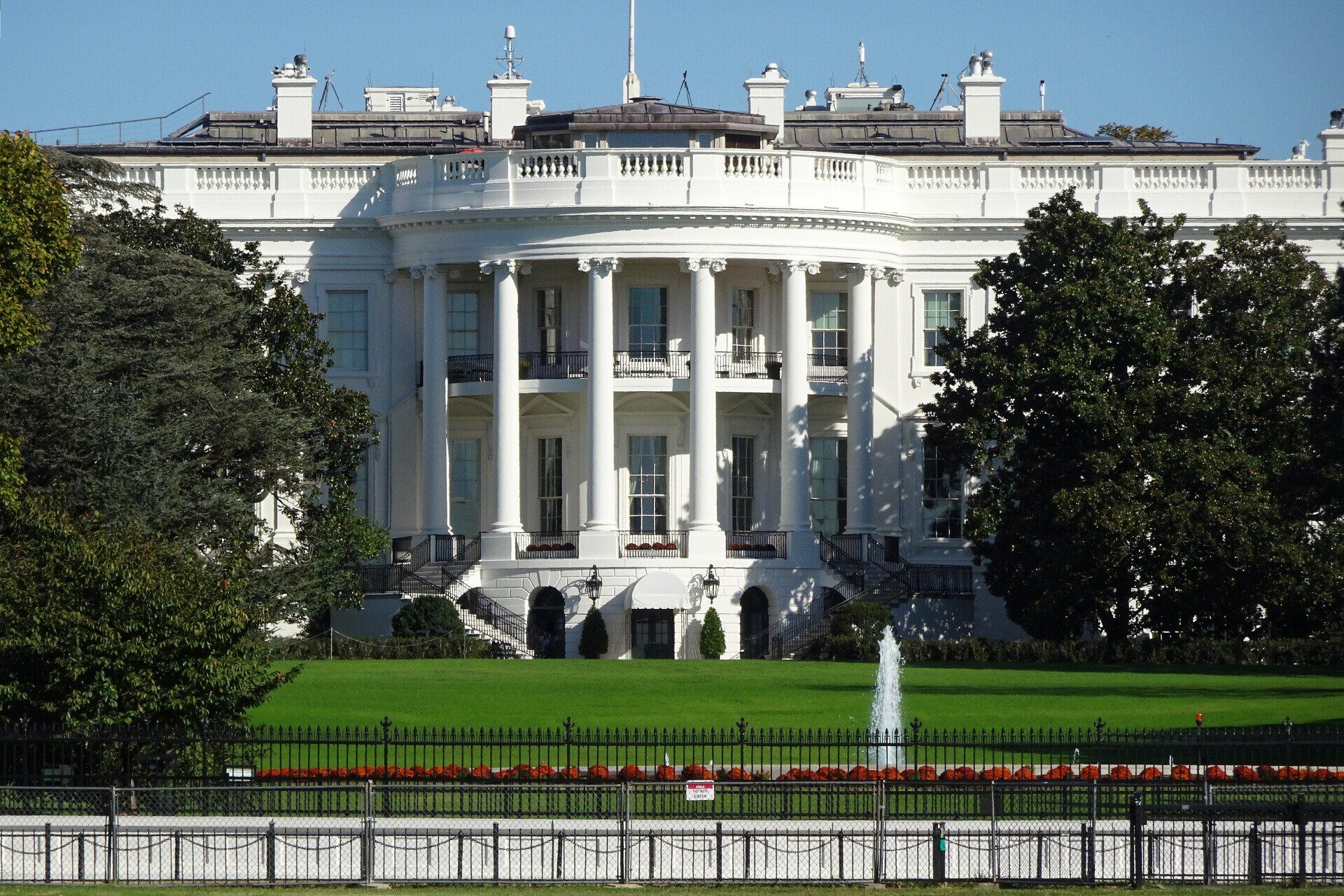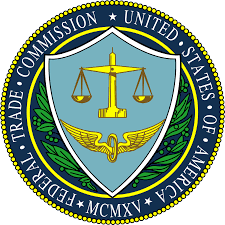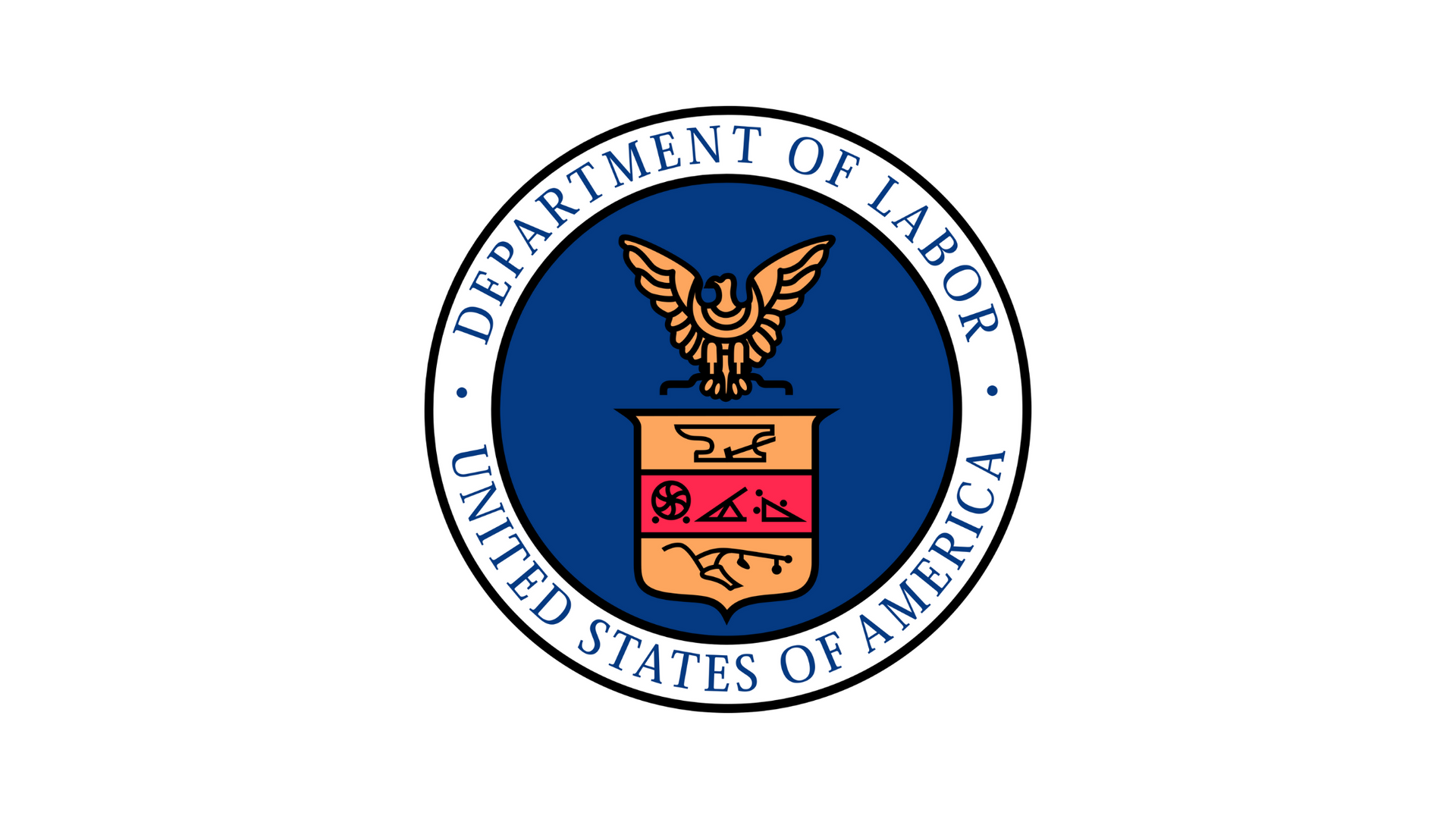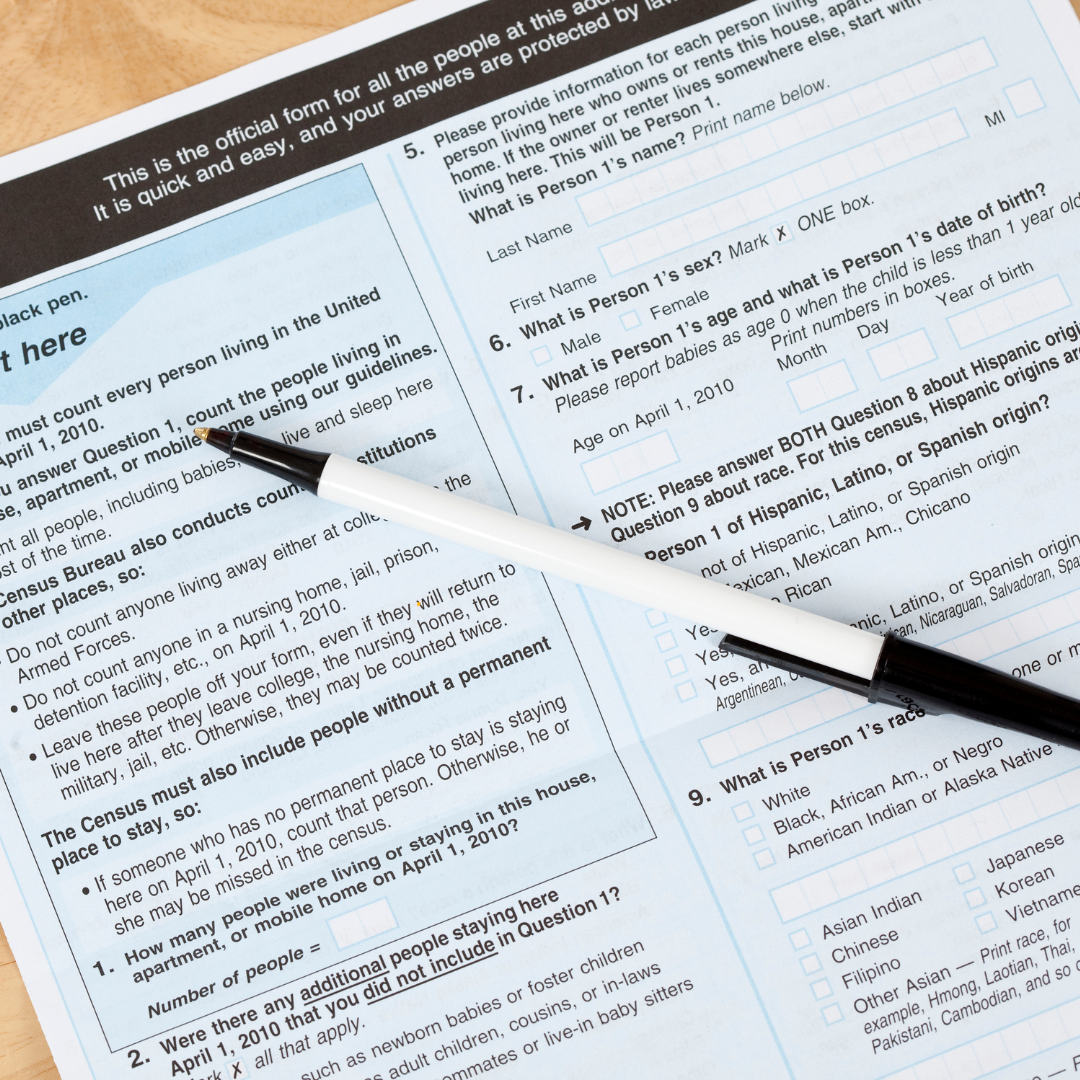New Jersey Passes Landmark Equal Pay Act
While the EPA prohibits discrimination based exclusively on gender, the New Jersey law extends its protection to workers denied equal pay based on race, creed, color, national origin, nationality, marital status, sexual orientation, gender identity, disability, and age, among others.
The New Jersey law prohibits employers from providing members of a protected class a lower rate of pay “for substantially similar work, when viewed as a composite of skills, effort and responsibility,” a broader standard than the federal EPA’s “equal work” standard.
Like the EPA, the New Jersey law includes specific affirmative defenses, but the defenses under the new law are narrower and may be more difficult for employers to demonstrate. Specifically, a difference in pay is permitted under the New Jersey law only if it is the result of a bona fide seniority or merit system or the employer can justify a pay difference by demonstrating that:
- it is based on legitimate factors unrelated to characteristics associated with the employee’s protected status such as training, education or experience, or the quantity or quality of production;
- the factors are not based on and do not perpetuate a pay differential based on a protected characteristic;
- all factors are applied “reasonably”;
- one or more factors explain the entire pay differential; and
- the factors are job related, based on business necessity and there are no alternatives with less of an impact on pay.
This final catch-all exemption is narrower than the EPA’s catch-all exemption – the pay differential is based on a factor other than sex.
The New Jersey law also provides more generous damages than the EPA. Prevailing employees are entitled to three times the amount of the pay differential for the entire violation period, which can extend as far back as six years. In comparison, the liability period under the EPA is two years.
New Jersey joins Massachusetts, Oregon, and Washington in passing comprehensive equal pay legislation that become effective by January 1, 2019 or sooner. It is critical that employers, particularly those operating in multiple states, quickly get up to speed on their varying obligations. Moreover, proactive pay audits under the protection of attorney-client privilege and, where appropriate, pay adjustments, will put employers in the best possible position to defend against what we expect will be an increase in complaints of compensation discrimination.
FortneyScott’s Pay Equity practice is dedicated to guiding employers through the changing and challenging world of pay equity. Please reach out to us if we can help you think through these increasingly complex matters, to provide strategic and practical legal advice and counsel, and to help you get pay equity “right.”




All Rights Reserved | Powered by AutomationLinks | Terms & Conditions | Privacy Policy







